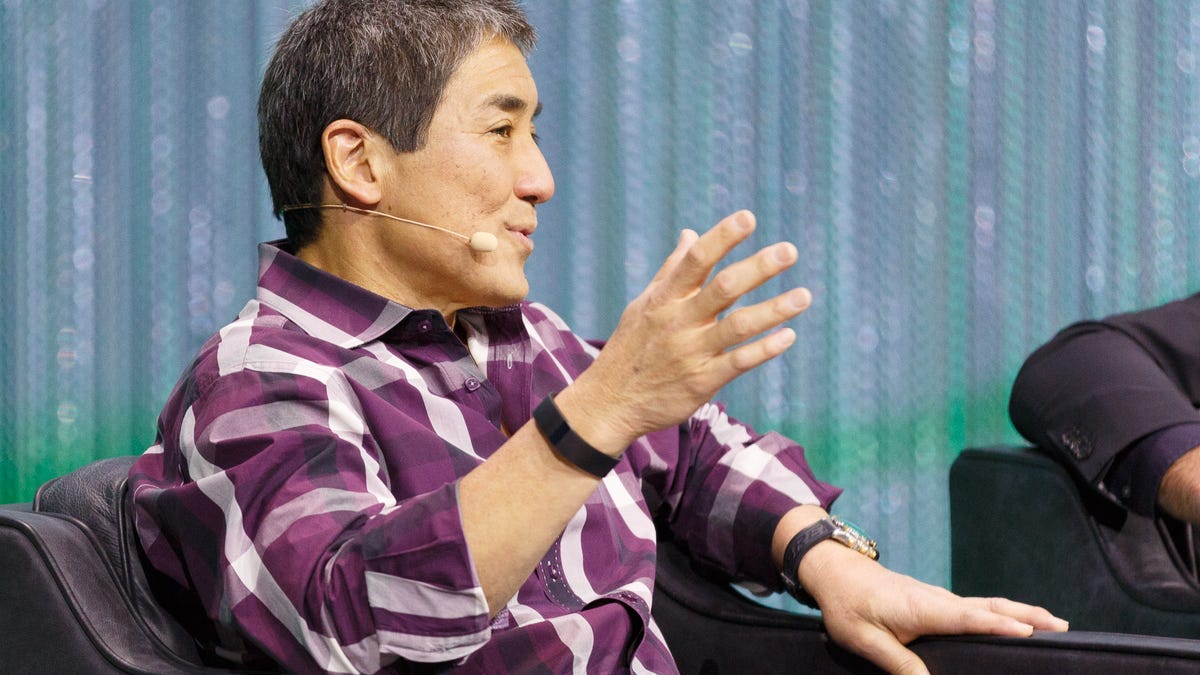Guy Kawasaki's social-media advice: repeat your tweet
Want to be more of a player on Twitter? Don't be afraid to say the same thing four times a day, the investor and former Apple evangelist advises.

PARIS -- It may be gauche, but Guy Kawasaki tweets the same tweet four times a day and thinks you should, too.
Sending out the same tweet multiple times simply ensures that your message is more likely to be received, even if it ruffles feathers, he said at the LeWeb conference here.
"You will piss some people off from this, I grant you that," said Kawasaki, the consultant, investor, and former Apple evangelist. "But on social media, if you're not pissing people off, you're probably not using it hard enough."
And he has a response to people who complain about repeats: "If you saw my tweet twice, you don't have a life." Explaining that he's simply reaching people who missed the tweet earlier usually mollifies people.
Kawasaki also had advice for entrepreneurs: Don't lead off with Microsoft Office.
"The most important thing an entrepreneur can do is make a prototype, as opposed to an Excel forecast, a PowerPoint pitch, or a Word business plan," he said. "I have nothing against Microsoft Office, but the most important thing you could do is a prototype. The most important presentation to an investor is a prototype that is already being used or subscribed to. That beats any pitch."

